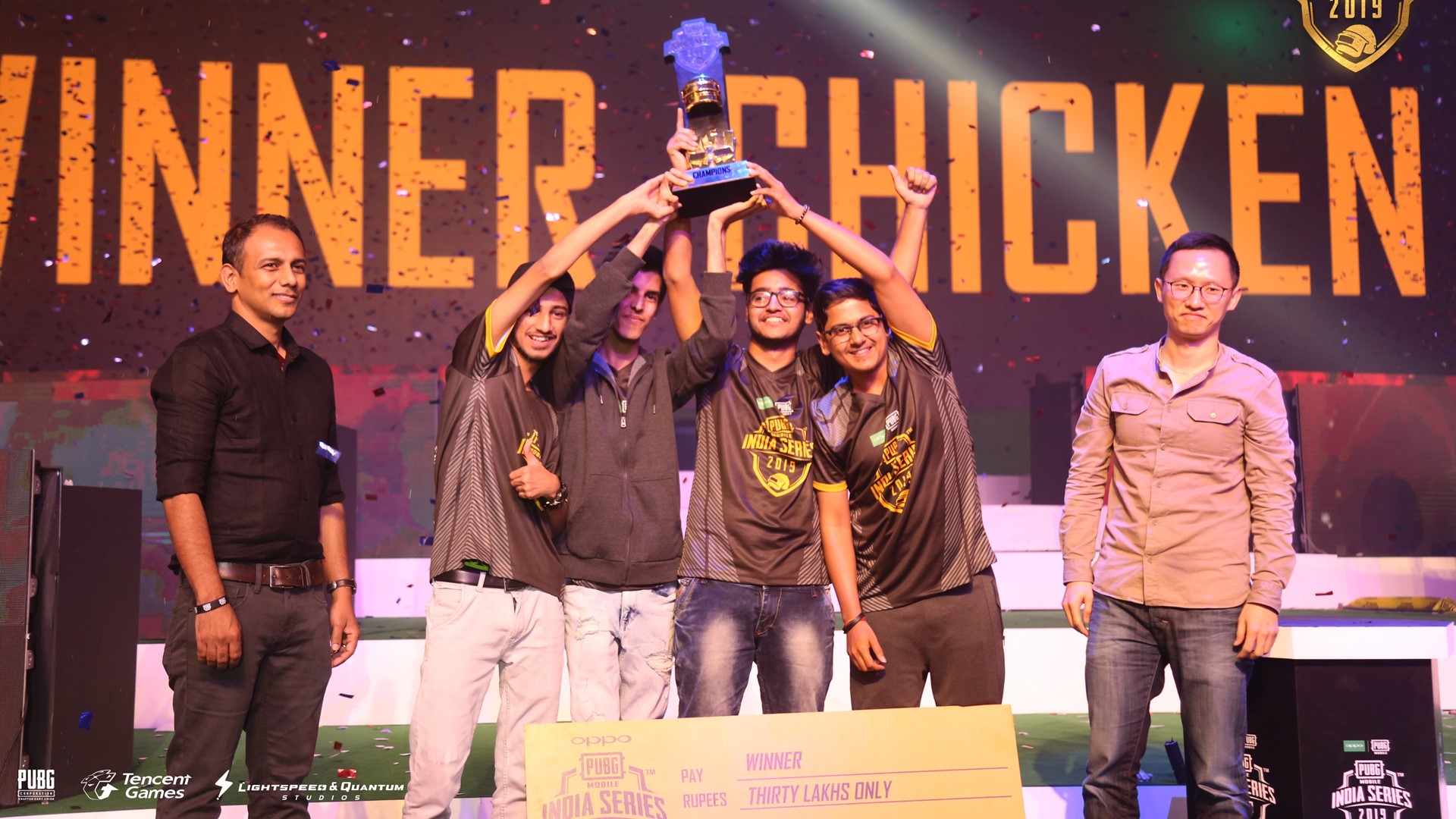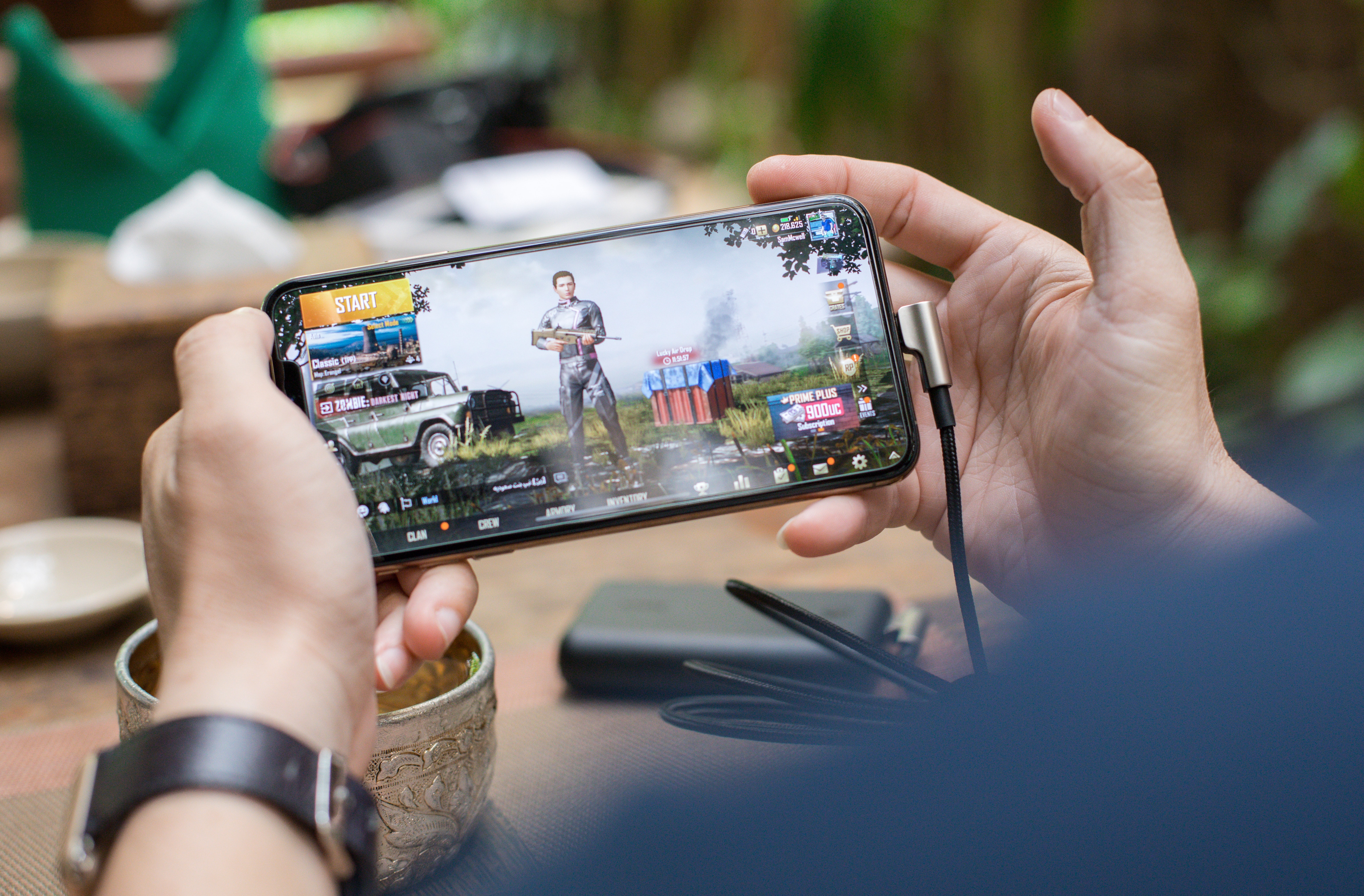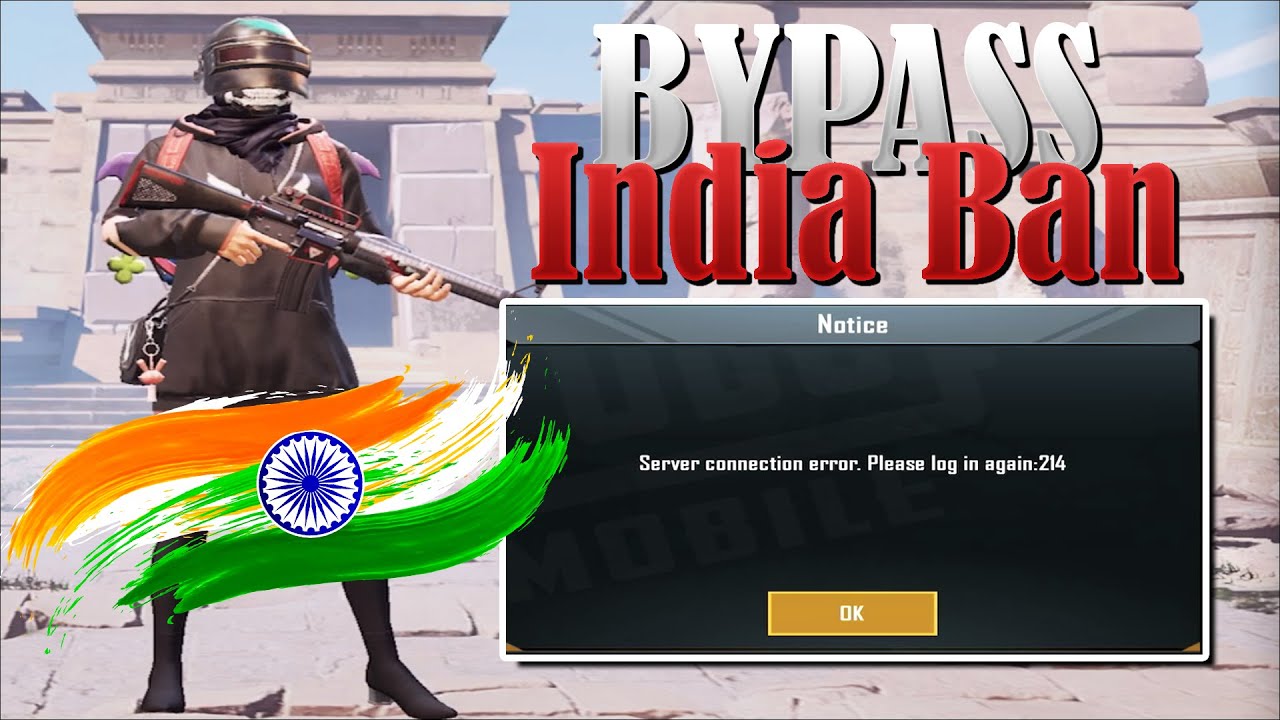Feed me some chicken dinner
India’s days with PlayerUnknown’s Battlegrounds Mobile (PUBGM) have come to an end. In which game will its 50 million users find a replacement is a question that may not ever be answered. The quality and mechanics of the game had attracted many a casual user — some of whom may simply not bother with finding an alternative fix. In fact, PUBGM did so well in India that its user count was tens and millions ahead of other popular mobile battle royale options like Fortnite and Call of Duty: Mobile.
But on 30 October, PUBGM took to its official Facebook account to announce that it would be terminating access for all users in India, just two months after a ban was called for it.
So, what exactly happened? Why did India want to pull the plug on a game that had taken the nation by storm, only to deny a burgeoning competitive fanbase?

In fact, Rishi Alwani, a long-time analyst of the Indian gaming market, said that “PUBG Mobile kickstarted an entire ecosystem — from esports organisations to teams and even a cottage industry of streamers that made the most of its spectator sport-friendly gameplay.”
As you might’ve heard, India banned TikTok and a bunch of other apps too, because, geo-politics
Of all the applications that India banned over the last month, it was probably the potential ban of TikTok in India and United States of America that made many global audiences stir. Both were amongst the application’s largest fanbases.
In India, the ban came alongside more than 100 other apps to be banned. All had the commonality of being Chinese apps. While PUBGM in itself is Korean, the PUBGM game is developed by Tencent which is why it was inevitably caught in the crossfire. The ban of PUBGM was called upon by New Delhi, which cited cybersecurity as a reason for wanting it to be banned.

The Ministry of Electronics and Information Technology (MEITY), specifically, were behind the ban of PUBGM amongst many other applications, going on to explain that they “engaged in activities prejudicial to sovereignty and integrity of India, defence of India, security of state and public order”.
Geo-political tensions between China and India have been on the rise for a significant while now. In fact, New Delhi’s announcement on bans is reported to be part of a stand-off between the two countries, which follows a deadly border military clash that resurfaced historical tensions between the nations. Outside of the gaming space, even clearances of industrial consignments from China have been halted by custom officials in India.
The ban of these applications is predicted to leave a tumultuous dent on China, but also on India. Jayanth Kolla, an analyst at research firm Convergence Catalyst, said that many Chinese firms counted India as their largest markets. On the flipside, Kolla also pointed out that many Indians who worked directly for these Chinese firms would now be left in the dark.
But withPUBGM, the ban worked a little differently
Most of the other applications that got banned were off-market and unusable in a matter of hours within the ban announcement by MEITY. But reports indicate that PUBGM players who already had the game installed on their phones, tablets, and PCs were still able to access it. Market research also indicated that the game managed to retain a whopping 90% of its user-base in the weeks following New Delhi’s 2nd September order.
And even though Google and Apple had both pulled the free-to-play application from their stores, the mobile-first market devised ways to work around the ban in no time. Reports have stated that players in India are still able to access other regions’ versions of PUBGM. These have been shared across many forums and publications.

While logging in to their usual PUBGM application returned a “Server is busy, please try again later. Error code: restrict-area” error message, players could use workarounds to download other region-specific versions. One such version is the popular Korean version of PUBGM, which is one of four versions of the game in global markets, at the time of writing.
Reports also indicated that the global version of PUBGM had become playable to Indians after a particular update. Some have theorised that this could be a result of users being directed to Korean servers.
PUBGMin India, because Legends Never Die
There’s no doubt that a market hooked on PUBGM is going to do everything that they can to play the game despite the ban, although an attrition rate is definitely expected. Some have even called for PUBGM game developers to publish an Indian version of the game that works around legal jurisdiction.
Bluehole is no stranger to these workarounds, with varied versions of the game already catering to the legal requirements of different countries. In Belgium, where video game loot boxes are banned, PUBGM Corporation has disabled the purchase and usage of game keys, abiding to anti-gambling government regulations.
And while Indian players can only hope for Bluehole to pull a smart manoeuvre, it looks like the ban hasn’t gotten them down just yet. The PUBG Mobile (India) Facebook Group is well and alive with a constant barrage of posts and streaming videos from Indian user profiles. The group sees over 300 posts a day, and a user base that’s growing fast — about 425 new users have joined the group since last week.
They can’t all be spammers and bots, right?














